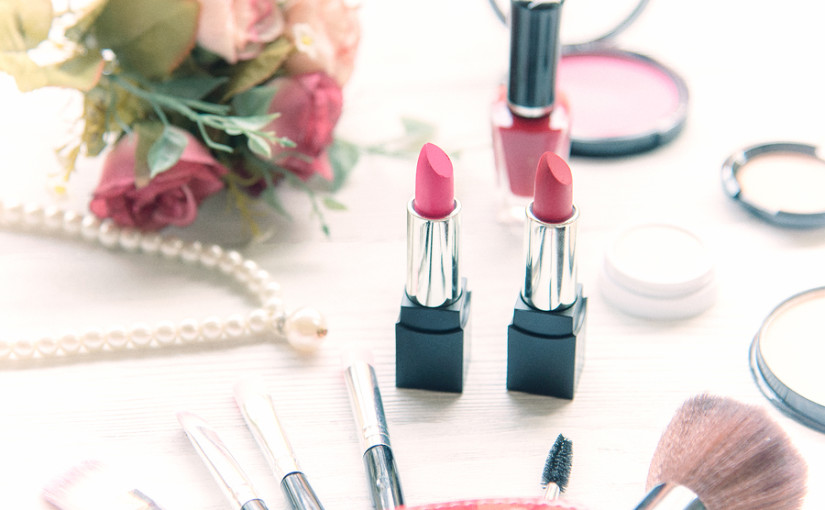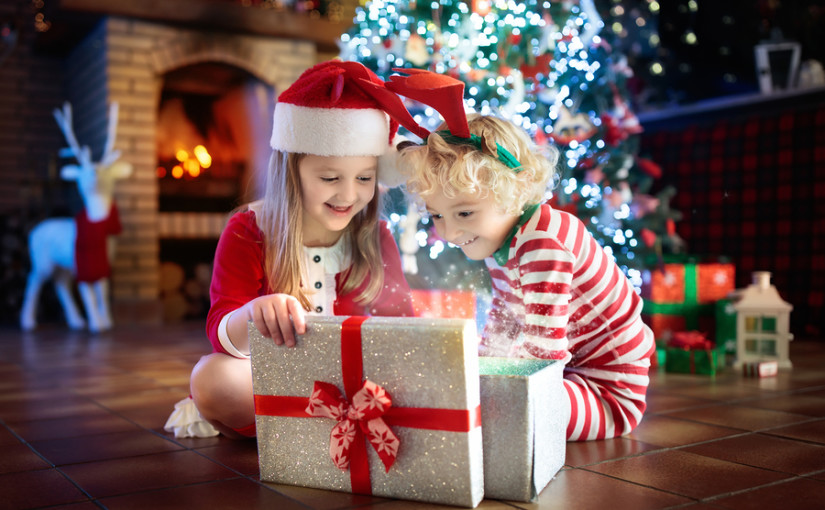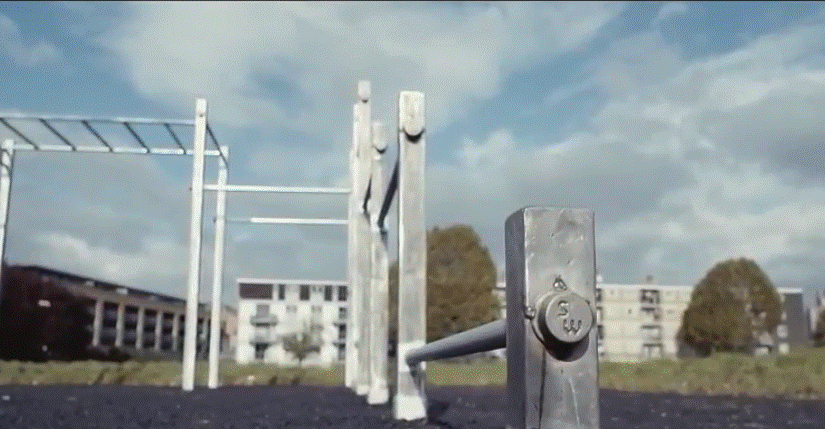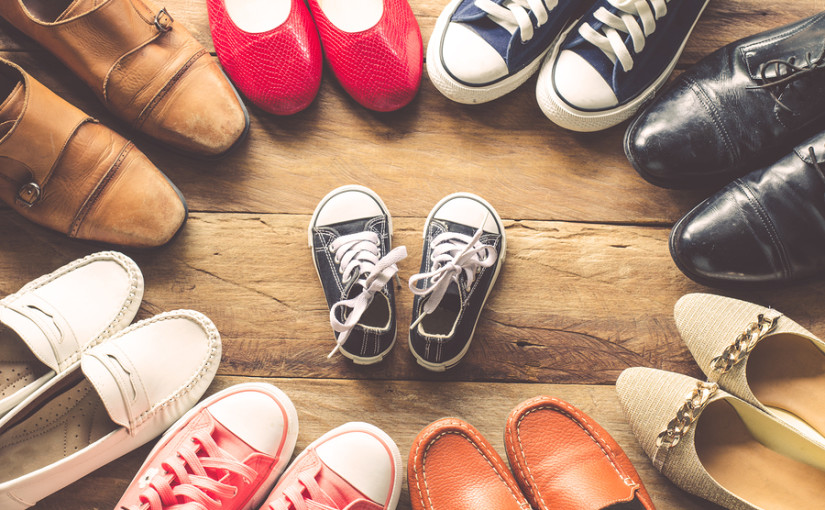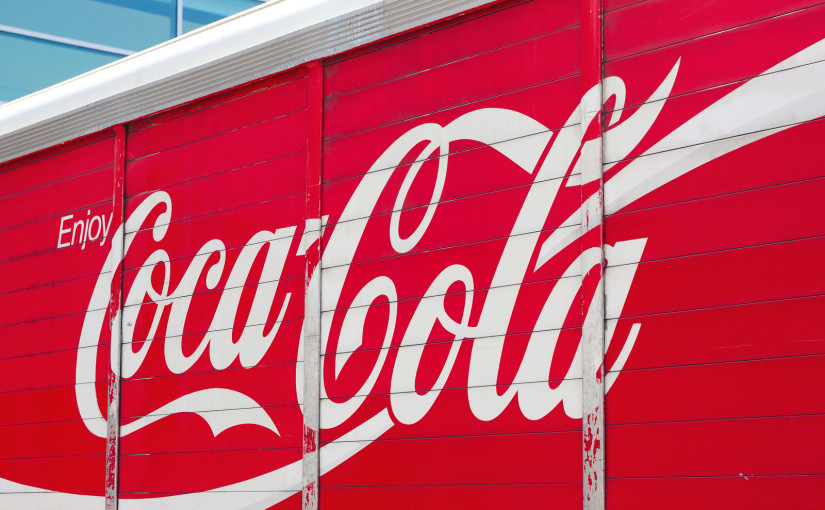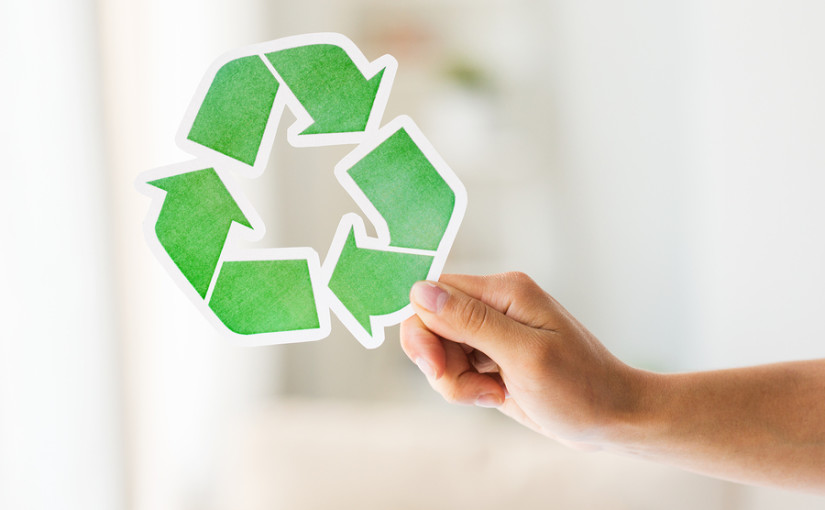The UK’s household recycling rate was 45.2 per cent in 2016, which improved upon 2015’s rate of 44.6 per cent. However, there is still much work to be done to boost these figures and improve our country’s efforts. We have gathered together some handy ways below to easily improve your recycling at home and when you are out and about.
Category: Recycling
Canary Wharf launches UK’s first waste deposit return scheme
Single-use plastic bottles and drinks cans can now be recycled at Canary Wharf, London, through a dedicated deposit return scheme. The machine being used to implement the scheme is said to be the first of its kind in use in the UK.
Continue reading Canary Wharf launches UK’s first waste deposit return scheme
How to recycle cosmetics — and extend their life
Despite the fact that make-up and cosmetics are more popular than ever right now, there isn’t much information out there about what to do with these products once you’ve finished using them, or how to make the most out of them and save on waste. We have gathered together some top tips on how to recycle your cosmetics and also how to extend their life.
Continue reading How to recycle cosmetics — and extend their life
Why your business should recycle its food waste
Food waste has been big news over the past couple of years, and with good reason: approximately one third of the food produced in the world for human consumption every year gets wasted. Closer to home, in the UK, 18 million tonnes of food ends up in landfill annually. So why should your business recycle its food waste instead of sending it to landfill? This article outlines the main reasons. If you can, aim to reduce your food waste, but for the waste that can’t be helped, consider the below points.
Continue reading Why your business should recycle its food waste
Household recycling tips for Christmas
Christmas is a wonderful but often wasteful time of year. It can be easy to forget about the importance of recycling when you’re so busy seeing friends and family, cooking, partying, and having so much fun. However, it’s actually more important than ever to consider your waste, as there’s more of it being produced!
So, how can you make the most of recycling opportunities this Christmas?
Outdoor gym created from recycled knives
An outdoor gym has recently opened in Tower Hamlets, east London, which has been constructed almost entirely from the metal of confiscated and surrendered knives and blades.
How to recycle your shoes
According to a study conducted by Oxfam, every person in the UK owns seven pairs of unused shoes, on average. In fact, there are so many unworn or unused shoes in British households that, put heel to toe in a line, they’d stretch all the way round the world. So, what happens to these shoes when we do decide to throw them out? Sadly, most still find their way to landfill – even those which have plenty of life left in them. These shoes then take a very long time to decompose. Running shoes, for example, can take 1,000 years to break down on landfill.
How can you avoid this and recycle your shoes instead? Find out below.
Wardrobe recycling tips: clothes, bedding & accessories
Many wardrobes are fit to burst, and some of us put off having a sort-out as we’re not quite sure what to do with each item we’d like to get rid of. Instead of putting it off any longer, or resorting to chucking it all in the household bin, take a look at our wardrobe recycling guide below and do the best you can by your old clothes and accessories.
Continue reading Wardrobe recycling tips: clothes, bedding & accessories
Coca-Cola ad made entirely from 100% recyclable packaging
Beverage retail giant, Coca-Cola Great Britain has released a new advert made using its 100 per cent recyclable bottles.
Entitled Love Story, the new advertisement follows the tale of two plastic bottles who are able to fall in love thanks to being recycled over and over again. The aim of the ad is to highlight the value of packaging, the importance of recycling, and to reinforce the fact that Coca-Cola’s packaging is 100 per cent recyclable and can therefore be recycled many times over.
Continue reading Coca-Cola ad made entirely from 100% recyclable packaging
England’s recycling rates have dropped
England’s household recycling rates have dropped for the first time ever, prompting calls for drastic change, and no doubt ending the UK’s chances of meeting the EU recycling target of 50 per cent by 2020.
The amount of waste being recycled by English households had been heading in the right direction, steadily increasing for a decade, however it had flatlined for three years more recently. Now newly released figures have shown that the amount of waste recycled between 2014 and 2015 in England had decreased, from 44.8% to 43.9% respectively. This is the first drop since the country began tracking recycling figures, and means England has fallen back to pre-2012 recycling rates.


